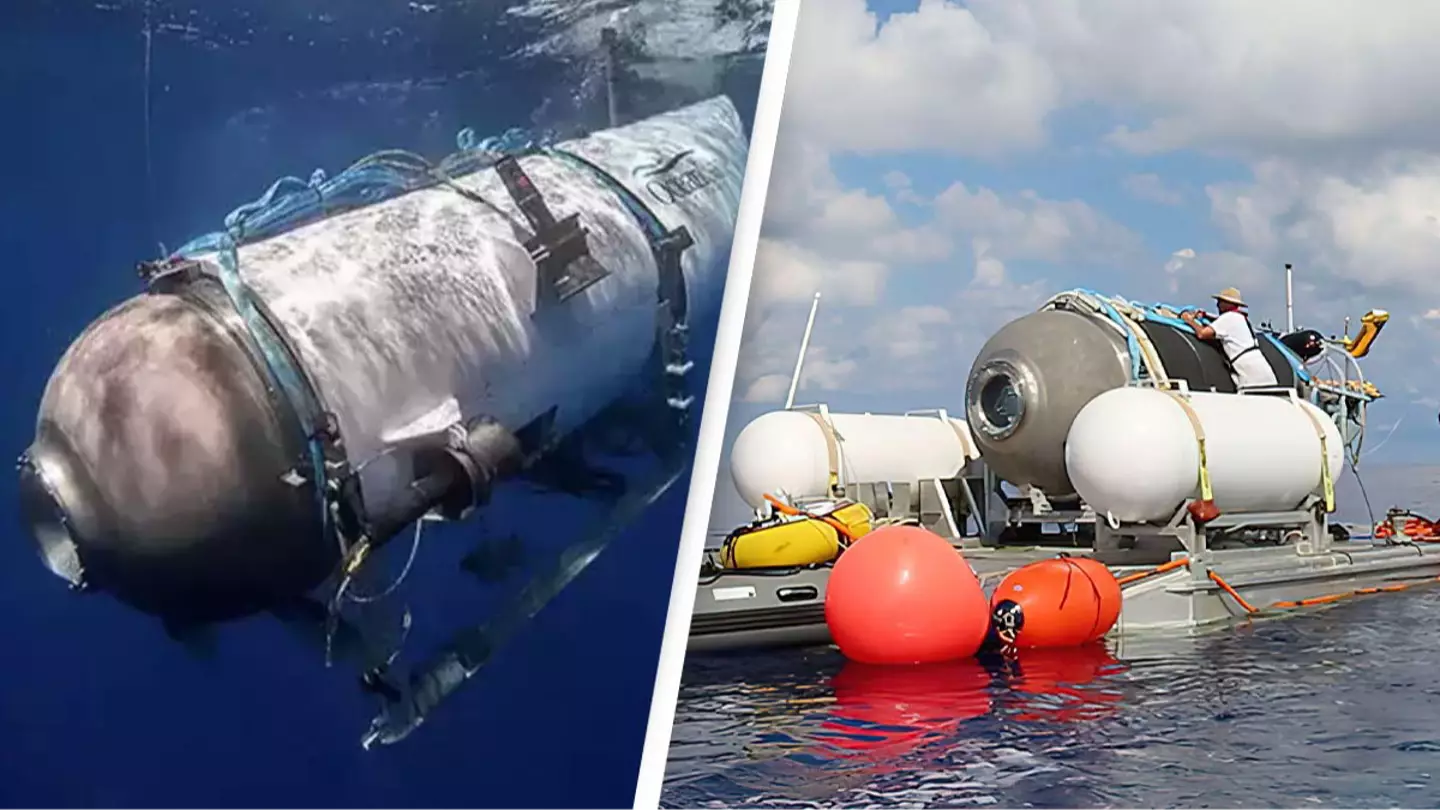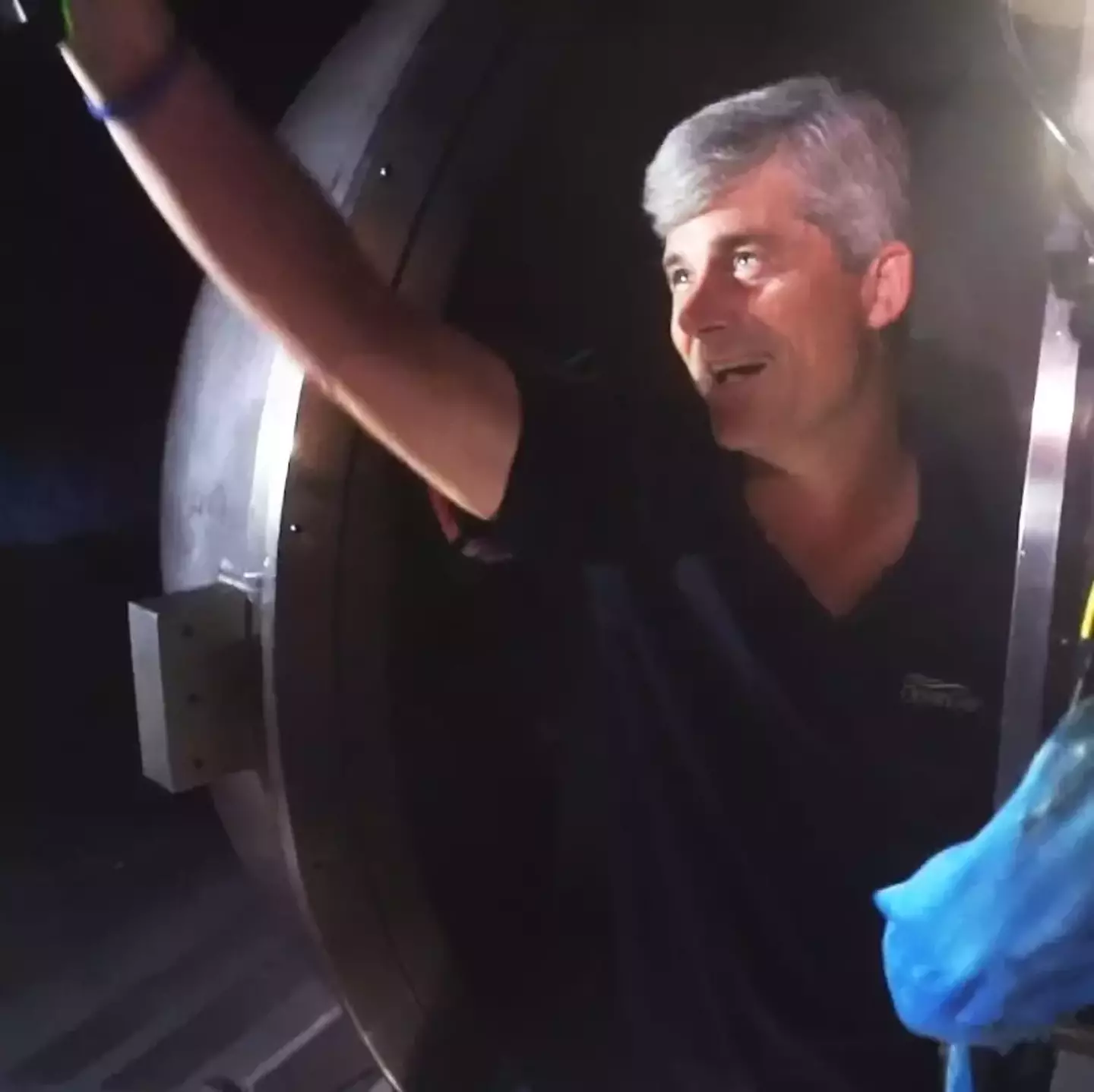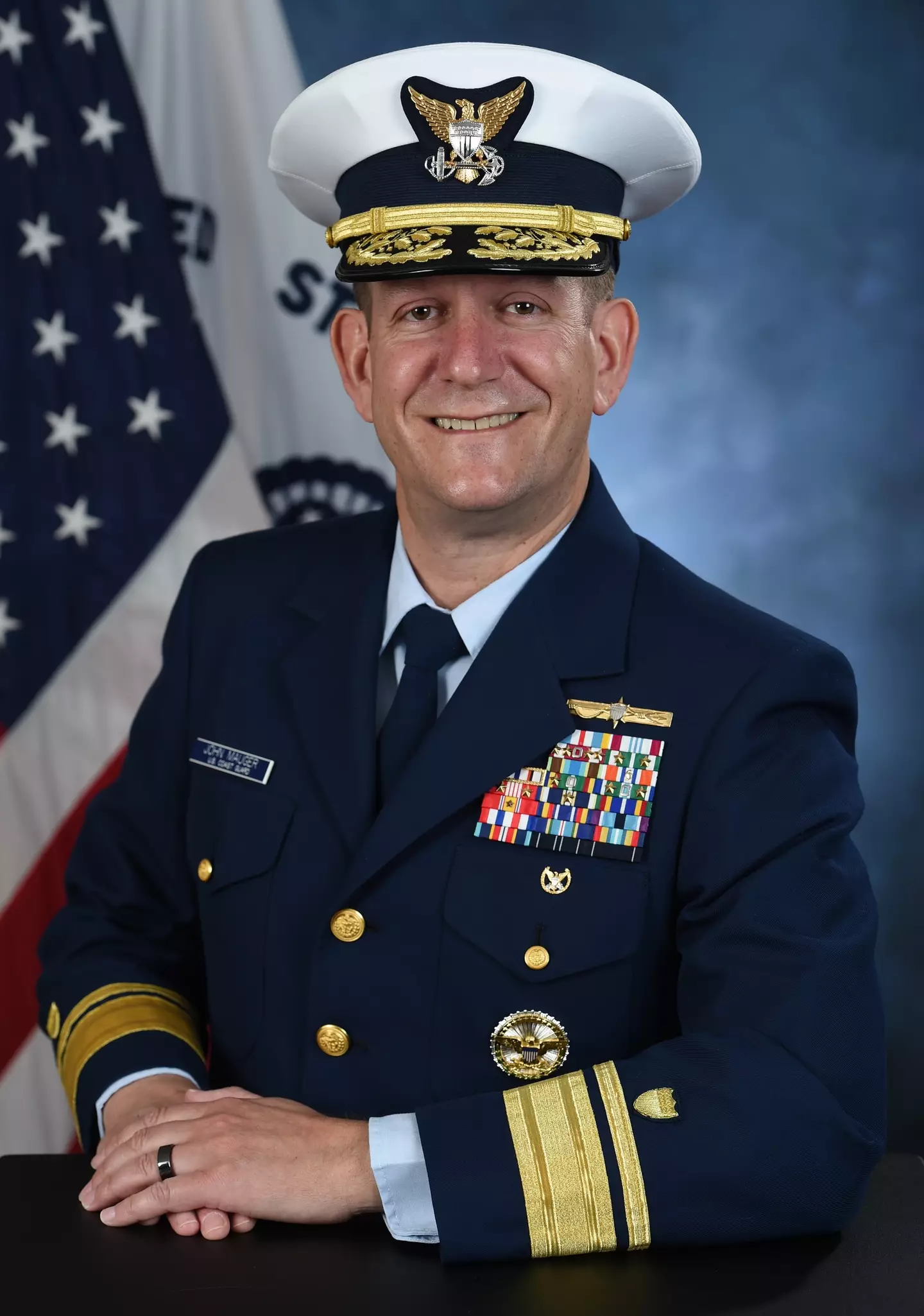
The US Coast Guard has said mysterious sounds heard during the search for the missing Titanic sub were likely to have just been 'background ocean noise', based on initial reports.
However, investigators say they continue to look for 'all available information'.
The vessel disappeared while travelling to the wreckage of the Titanic, with OceanGate - the company behind the tourist trips - confirming five people on board were missing.
Advert
Earlier this week, a Canadian Aircraft taking part in the search and rescue mission picked up on strange banging sound, not far from the last known position of the vanished submarine, according to a Department of Homeland Security email.
"RCC Halifax launched a P8, Poseidon, which has underwater detection capabilities from the air reported a contact in a position close to the distress position," the Department of Homeland Security email stated.
"The P8 heard banging sounds in the area every 30 minutes. Four hours later additional sonar was deployed and banging was still heard."
The US Coast Guard has now said it is likely that the strange sounds were just 'background ocean noise'.

Rear Admiral John Mauger told Sky News: “We’ve taken that information and shared it with top leading experts from the US Navy and the Canadian Navy, and they’re working on the analysis of that information, they’re continuing to work on the analysis of that information.
Advert
“The initial reports is that there’s a lot of the sounds that were generated were from background ocean noise, but they continue to … look for all available information there.
“What’s important to me, and what’s important as the unified command, is that we’ve continued search in the areas where noise was detected with the ROVs that we have from the time of that detection, so we’re not waiting for this analysis to take action.
“The analysis is really helpful to our overall search-and-rescue efforts, but we’re not waiting on it, we’ve moved the remote operated vehicles that we’ve had on site to those areas where noise was detected.”
Mauger said any decision to stop the rescue effort would only be taken after 'thorough consultation' with the families of those who are on board, adding: “There’s a time and place for that discussion, right now we have this new capability that is available on the sea floor actively conducting the search and rescue, so my focus right now is, and the focus of the unified command, is really on maximising the use of those assets that we have on scene.

“We will remain focused on the search and rescue but continue to take in all available information as we plan out our future operation.”
Advert
As for who would be making that call, Mauger said it the unified command - which has been in 'frequent' communication with the families since the vessel disappeared at the weekend - will be evaluating data and planning operations.
“Most importantly, we’re going to talk with the families and advise them of where we are in the search-and-rescue operations," Mauger said.
“So, there will be a time and place for that decision, that decision will be taken after thorough consultation with the families, but we’re continuing to focus on the search and rescue at this time.”
Topics: World News, Titanic